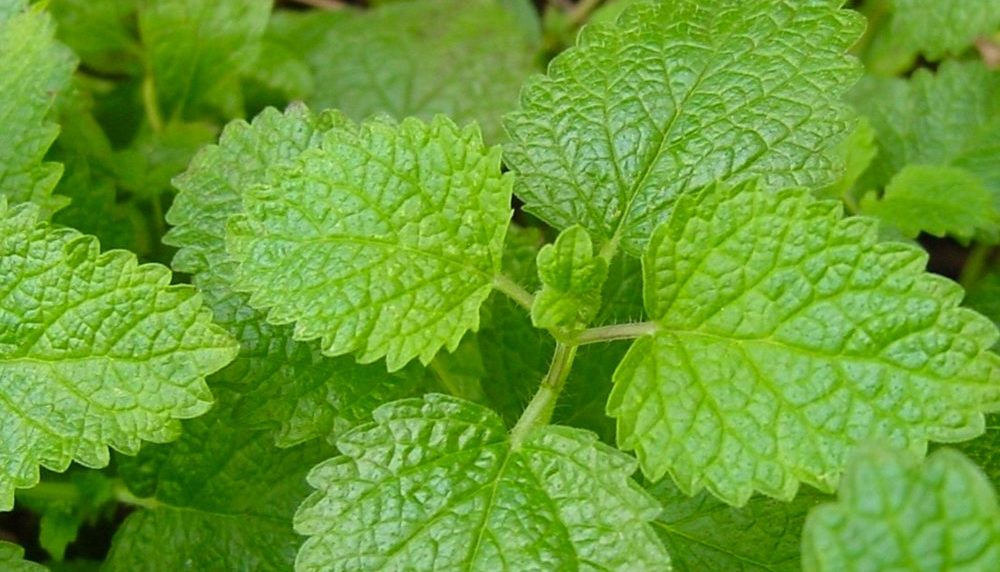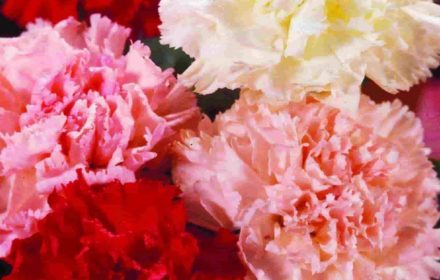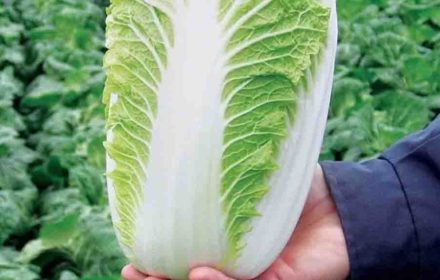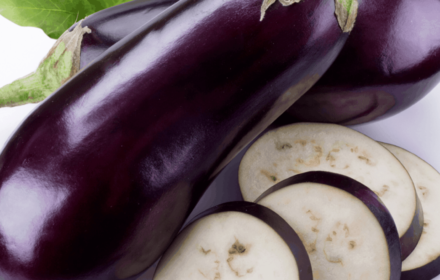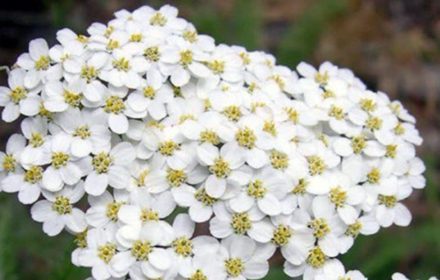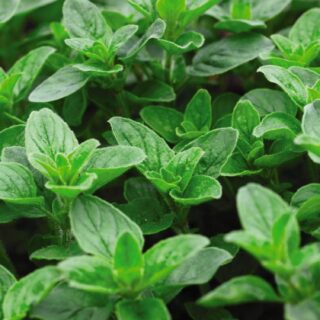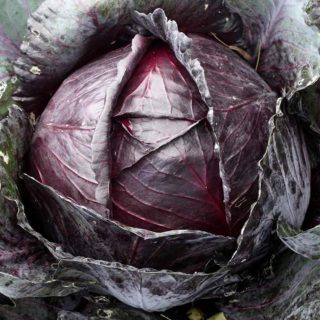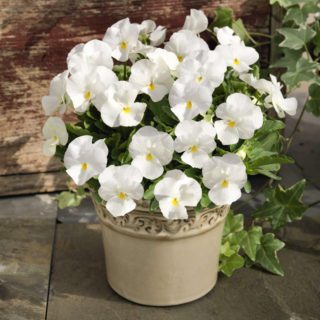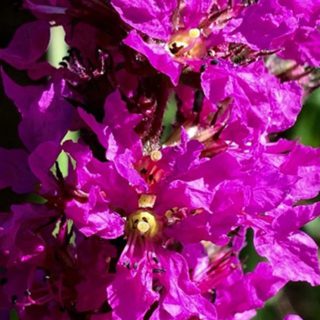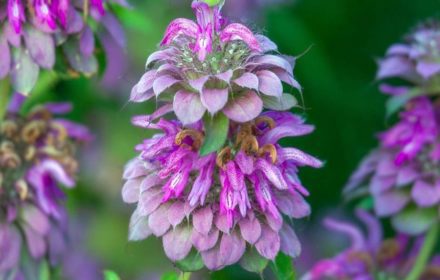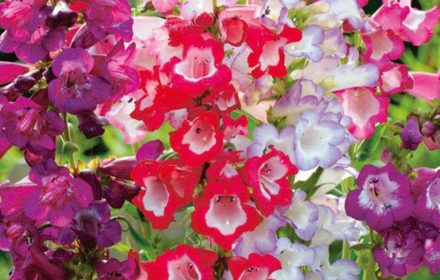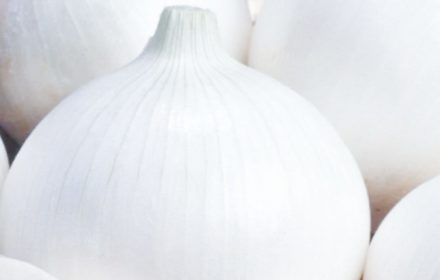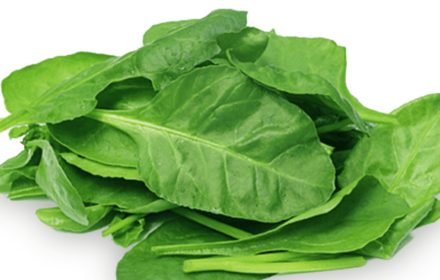How to Sow Giant Sweet Essential Lemon Balm Seeds in the UK
Giant Sweet Essential Lemon Balm, a highly fragrant member of the mint family, is known for its citrusy aroma and diverse uses. Its leaves are perfect for culinary dishes, teas, and herbal remedies, while its pale yellow flowers attract pollinators like bees and butterflies. With its robust, bushy growth and high essential oil content, lemon balm is an excellent addition to herb gardens, borders, and containers.
When to Sow Giant Sweet Essential Lemon Balm Seeds
- Indoor Sowing: Start seeds indoors from February to April for an early start.
- Outdoor Sowing: Direct sow outdoors from late spring (April to June) after the last frost has passed.
Step-by-Step Guide to Sowing Giant Sweet Essential Lemon Balm Seeds
Indoor Sowing
- Prepare Containers: Fill seed trays or small pots with fine, well-draining seed compost.
- Sowing the Seeds: Lightly press seeds onto the surface of the compost and cover with a thin layer of compost or vermiculite (no more than 1/8 inch).
- Germination Conditions: Maintain a temperature of 18–21°C (65–70°F). Place in a bright location, such as a sunny windowsill or under grow lights.
- Watering: Mist gently to keep the compost moist but avoid waterlogging.
- Germination Time: Seeds typically germinate within 10–15 days under ideal conditions.
Outdoor Sowing
- Soil Preparation: Choose a sunny or partially shaded spot with well-drained soil. Loosen the soil and enrich it with organic matter or compost.
- Sowing the Seeds: Scatter seeds thinly over the prepared soil and cover lightly with a fine layer of soil.
- Watering: Water gently after sowing to help the seeds settle and keep the soil moist during germination.
- Thinning: Once seedlings are 2–3 inches tall, thin them to 18–24 inches apart to allow room for bushy growth.
Caring for Giant Sweet Essential Lemon Balm Plants
- Watering: Water regularly, keeping the soil evenly moist but not waterlogged. Established plants are relatively drought-tolerant but benefit from consistent moisture.
- Sunlight: Lemon balm thrives in full sun but can tolerate partial shade.
- Fertilising: Generally, lemon balm grows well without additional fertiliser. In poor soil, a light application of balanced herb fertiliser can be applied sparingly.
- Pruning: Regularly pinch off the tips of the plant to encourage branching and prevent legginess. This also delays flowering and extends leaf production.
- Pest Management: Lemon balm is generally pest-resistant but watch for aphids or leaf miners. If necessary, remove affected leaves and apply organic pest control methods.
Harvesting and Using Giant Sweet Essential Lemon Balm
- When to Harvest: Begin harvesting leaves once the plant reaches about 6 inches in height. For the best flavour and aroma, harvest in the morning before the heat of the day.
- Drying Leaves: Harvest before the plant flowers for the most potent leaves. Hang small bunches upside down in a cool, dark, dry place or use a dehydrator to preserve their fragrance.
- Culinary Uses: Use fresh or dried leaves to add a citrusy tang to teas, salads, marinades, and sauces. Lemon balm also works well in herbal remedies for its calming properties.
Common Questions About Growing Giant Sweet Essential Lemon Balm in the UK
- Can lemon balm grow in containers? Yes, lemon balm thrives in containers. Use pots that are at least 12 inches wide with good drainage, and keep them in a sunny location.
- Is lemon balm perennial in the UK? Yes, lemon balm is a hardy perennial and will return year after year. However, it may die back in winter and regrow in spring.
- How do I prevent lemon balm from spreading? Lemon balm can spread quickly. To control it, plant in containers or regularly prune and remove runners.
- When should I prune lemon balm? Prune throughout the growing season to encourage bushy growth and prevent flowering, which can reduce leaf production.
- Does lemon balm require fertiliser? In most cases, lemon balm does not require additional fertiliser, especially if grown in nutrient-rich soil. Over-fertilising can lead to reduced essential oil content.
Giant Sweet Essential Lemon Balm is a versatile and fragrant herb that will reward you with lush foliage and vibrant flavour throughout the growing season. With minimal maintenance, this herb is perfect for both beginners and experienced UK gardeners.

